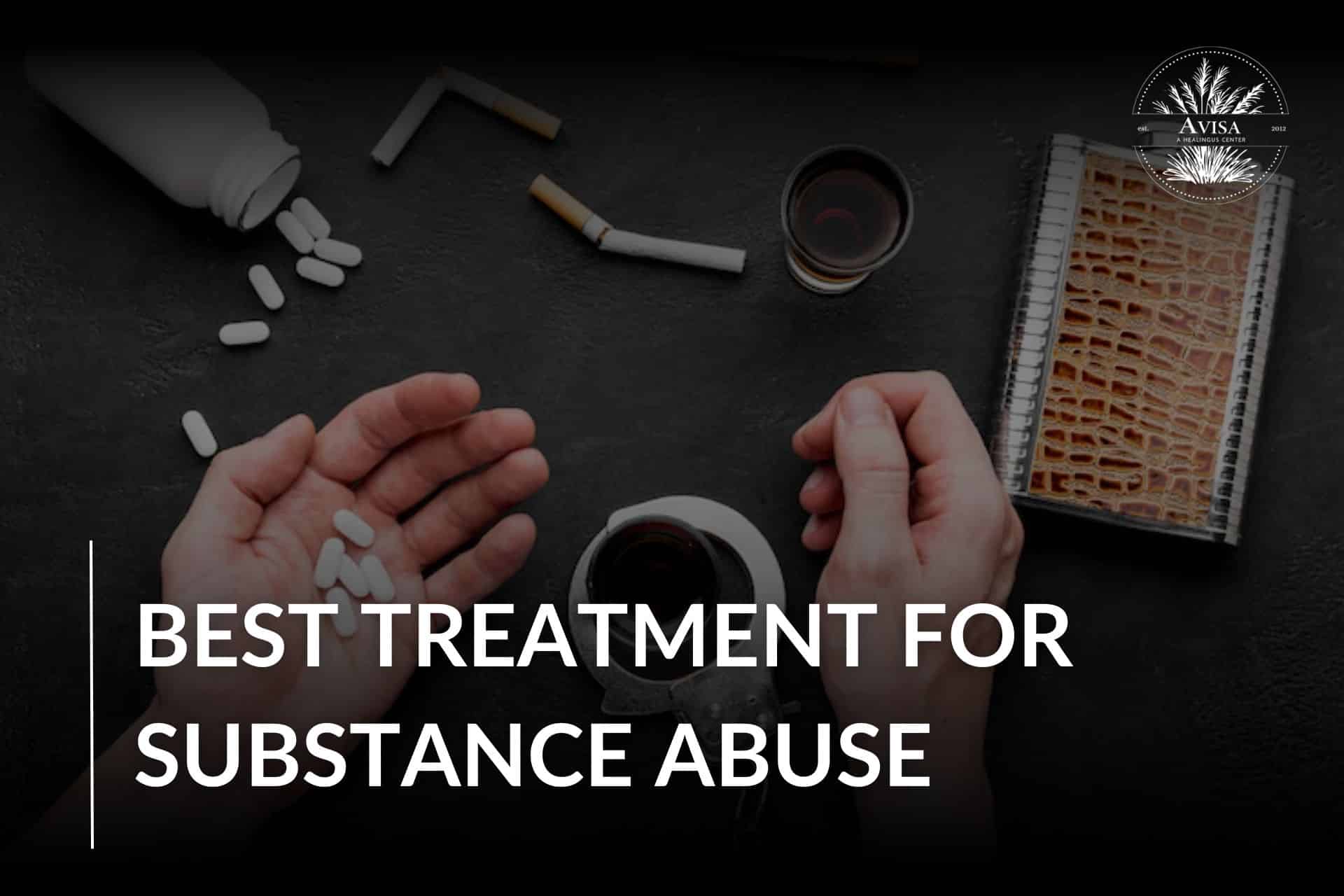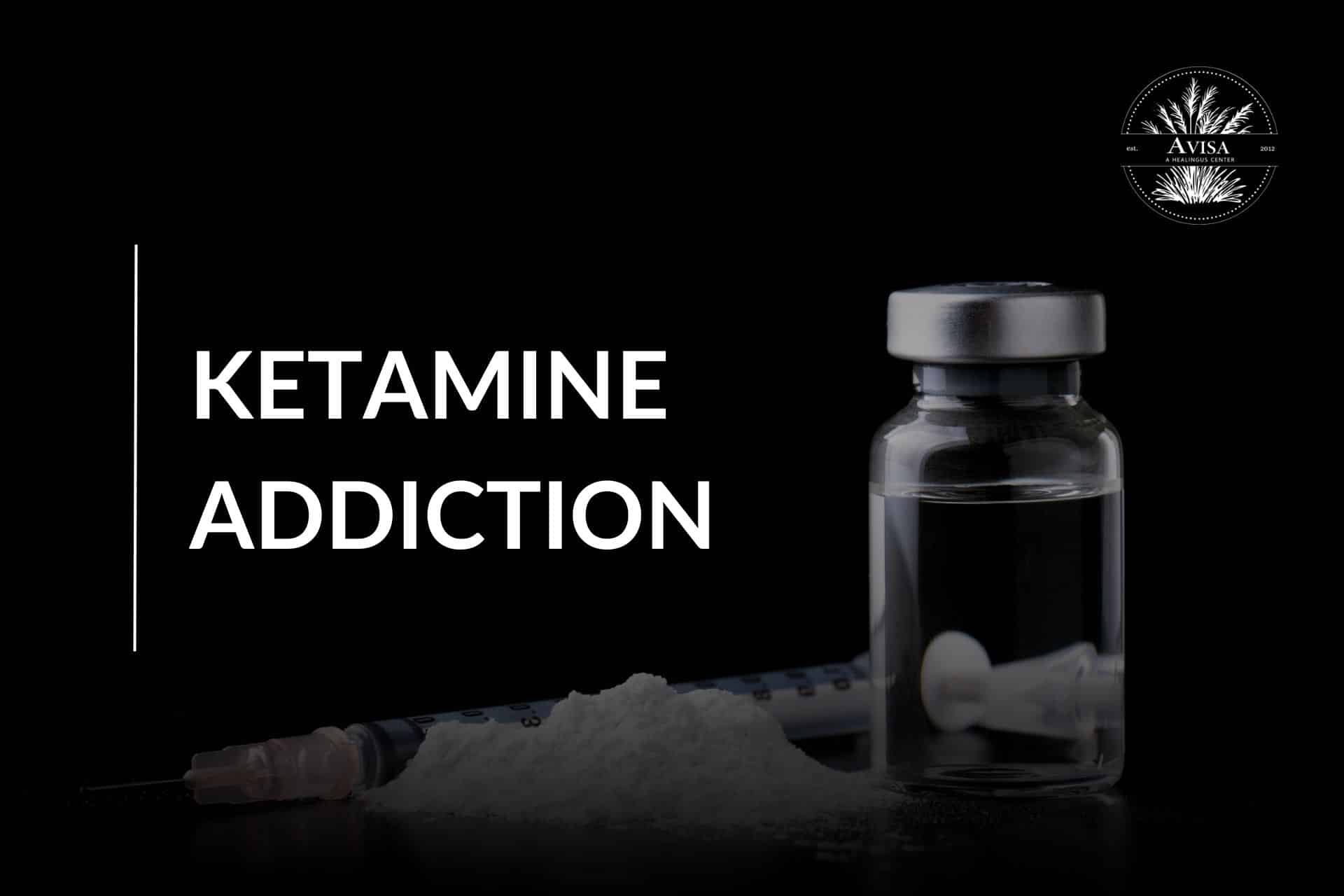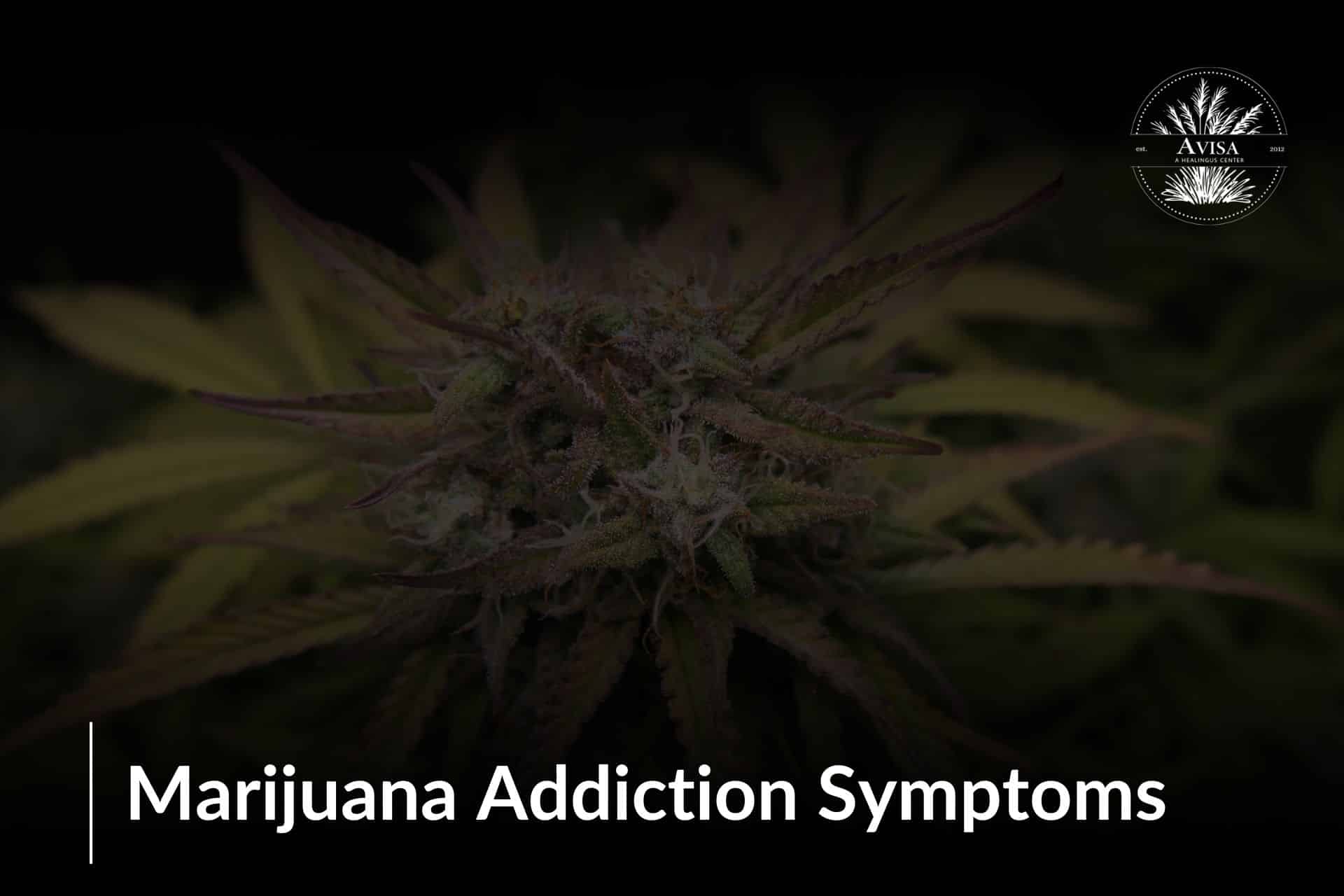Dealing with withdrawal symptoms can be an immensely challenging and potentially perilous experience. The intensity of these symptoms varies based on the severity of the drug addiction. It’s evident that overcoming withdrawal independently can be exceptionally demanding. This underscores the importance of seeking professional addiction treatment and undergoing withdrawal management. In this article, we will learn about detox, withdrawal management, and more.
At Avisa Recovery, situated in Ocean County, we provide a comprehensive spectrum of drug and alcohol treatment programs, along with mental health support. Our approach is holistic, centered around assisting individuals in conquering their addiction and embracing a life of sobriety marked by happiness and well-being.
If you or someone you know is grappling with addiction, get in touch with us today to explore how we can facilitate your journey towards recovery.
Understanding withdrawal management
Withdrawal management is the process of safely and effectively managing the physical and psychological symptoms that occur when an individual stops using substances such as drugs or alcohol. It is an essential part of the recovery journey as it addresses the immediate challenges individuals face when they decide to break free from substance abuse.
The goal of withdrawal management is to help individuals safely detoxify their bodies and manage the uncomfortable symptoms that may arise during this process. It involves a comprehensive approach that takes into account the individual’s medical history, substance use patterns, and overall health.
What Is A Detox Program?
The initial phase of an addict’s recovery journey is the detoxification process. This process is inevitable and accompanied by withdrawal symptoms as the body adjusts to the absence of drugs or alcohol. A detox program is instrumental in guiding addicts safely through these withdrawal symptoms, providing consistent support and care. In more severe cases, medication might be prescribed to aid in a safe transition and initiate the recovery journey.
Importance of withdrawal management in substance abuse recovery
Withdrawal management plays a crucial role in substance abuse recovery for several reasons. Firstly, it provides individuals with a safe and supportive environment to begin their journey towards sobriety. The withdrawal process can be overwhelming, and having medical professionals by their side ensures that individuals receive the necessary care and support.
Secondly, withdrawal management helps individuals address the physical and psychological symptoms associated with substance withdrawal. These symptoms can range from mild discomfort to severe complications, depending on the substance and the individual’s level of dependence. By providing medical interventions and supportive therapies, withdrawal management helps alleviate these symptoms and increases the chances of successful recovery.
Lastly, withdrawal management sets the foundation for long-term recovery. By safely detoxifying the body and managing withdrawal symptoms, it prepares individuals for the next phases of treatment, such as therapy and counseling. It provides a clean slate for individuals to build upon and helps them develop healthier coping mechanisms to prevent relapse.
Common withdrawal symptoms and their severity
Withdrawal symptoms can vary depending on the substance used and the individual’s level of dependence. Some common withdrawal symptoms include:
- Cravings: Intense urges to use the substance again.
- Anxiety: Feelings of restlessness, nervousness, or panic.
- Insomnia: Difficulty falling asleep or staying asleep.
- Depression: Persistent feelings of sadness or hopelessness.
- Nausea and vomiting: Upset stomach and vomiting.
- Muscle aches and pains: General discomfort and muscle soreness.
- Sweating: Excessive sweating and night sweats.
- Tremors: Shaking or trembling of the hands or other body parts.
- Hallucinations: Seeing or hearing things that are not there.
- Seizures: Uncontrolled electrical activity in the brain.
The severity of these symptoms can range from mild to severe, depending on various factors. Individuals need to seek professional help during withdrawal to ensure their safety and comfort throughout the process.
Medical vs. non-medical withdrawal management
Withdrawal management can be approached in two ways: medical and non-medical. Medical withdrawal management involves the use of medications to help manage withdrawal symptoms and reduce cravings. This approach is especially beneficial for individuals with severe substance dependence or those at risk of experiencing dangerous withdrawal symptoms.
Non-medical withdrawal management, on the other hand, focuses on providing support and therapies without the use of medications. This approach may be suitable for individuals with less severe substance dependence or those who prefer a more holistic approach to their recovery.
The choice between medical and non-medical withdrawal management depends on various factors, including the individual’s medical history, substance use patterns, and the severity of withdrawal symptoms. Individuals need to consult with medical professionals to determine the most appropriate approach for their unique situation.
The role of detoxification in withdrawal management
Detoxification, often referred to as detox, is a critical component of withdrawal management. It involves the process of eliminating toxic substances from the body. Detoxification can be done in various settings, including specialized detox centers, hospitals, or residential treatment facilities.
The primary goal of detoxification is to help individuals safely and comfortably withdraw from the substance they have been dependent on. Medical professionals closely monitor individuals during this process to ensure their safety and provide necessary interventions if complications arise.
Detoxification can be a challenging phase, both physically and emotionally. However, with the right support, individuals can complete this stage of their recovery journey. Detoxification sets the stage for further treatment and helps individuals transition into therapy and counseling with a clearer mind and a stronger motivation for change.
What Is Withdrawal Management?
While the term “detox” is familiar, “withdrawal management” might raise questions. Withdrawal management entails delivering crucial support and care to help recovering addicts navigate withdrawal symptoms safely and effectively. In severe instances, medically supervised withdrawal incorporates medications to alleviate discomfort during the detox process.
Enduring withdrawal symptoms alone is immensely challenging. Therefore, opting for a professional detox program with withdrawal symptom management is crucial for addicts striving to break free from substance use and commence a sustained life of sobriety.
The importance of individualized withdrawal management plans
Every individual’s journey through withdrawal management is unique, and therefore, the approach to their care should be individualized. An individualized withdrawal management plan takes into account the specific needs, preferences, and circumstances of the individual.
By tailoring the plan to the individual, medical professionals can better address their specific withdrawal symptoms, medical conditions, and any potential complications that may arise. This personalized approach increases the effectiveness of withdrawal management and improves the individual’s overall experience during this challenging phase.
An individualized withdrawal management plan may include a combination of medical interventions, supportive therapies, and additional services based on the individual’s needs. This comprehensive approach ensures that the individual receives the necessary support to successfully navigate the withdrawal process and move forward in their recovery journey.
Withdrawal management in different substance abuse scenarios – opioids, alcohol, etc.
Withdrawal management varies depending on the substance or substances an individual has been abusing. Different substances can produce different withdrawal symptoms and require specific treatment approaches. Here are some examples:
1. Opioids: Opioid withdrawal symptoms can be severe and include flu-like symptoms, intense cravings, and muscle pain. Medical withdrawal management for opioids often involves the use of medications, such as methadone or buprenorphine, to help alleviate symptoms and reduce cravings.
2. Alcohol: Alcohol withdrawal can be life-threatening and may include symptoms such as tremors, hallucinations, and seizures. Medical withdrawal management for alcohol often involves the use of medications, such as benzodiazepines, to prevent complications and manage symptoms.
3. Benzodiazepines: Withdrawal from benzodiazepines can be challenging and may result in symptoms such as anxiety, insomnia, and seizures. Medical withdrawal management for benzodiazepines often involves a gradual tapering of the medication to minimize withdrawal symptoms.
Individuals need to seek professional help to determine the most appropriate withdrawal management approach for their specific substance abuse scenario.
How to Find Withdrawal Management?
Now equipped with insights into detox programs and withdrawal management, pursuing professional addiction treatment becomes paramount. The severity of withdrawal symptoms can be life-threatening, underscoring the need for a professional treatment center. At Avisa Recovery, we provide constant care and support to ensure recovering addicts can navigate withdrawal safely and triumphantly.
Our range of treatment programs, including detoxification, ensures that individuals can access withdrawal management support and conquer discomfort. Utilizing evidence-based methods, our detox programs empower individuals to safely overcome addiction, heralding the start of their journey towards sustained well-being. Struggling with addiction? Connect with us to discover how we can guide you toward a life of contentment and health, free from the grip of addiction.











